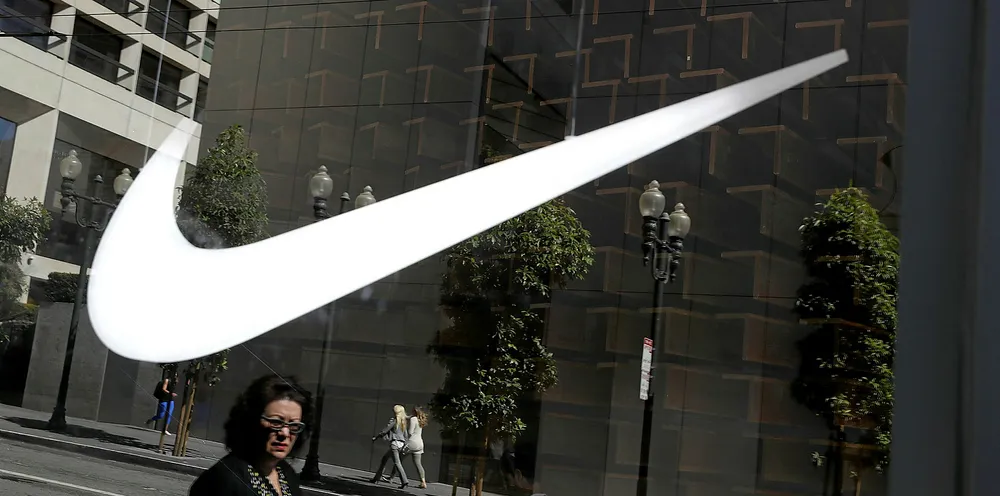Renewable corporate power deals soar tenfold in Europe: study
Green imperatives and easing of government support see baton pass to private sector, says DLA Piper study

Green imperatives and easing of government support see baton pass to private sector, says DLA Piper study
